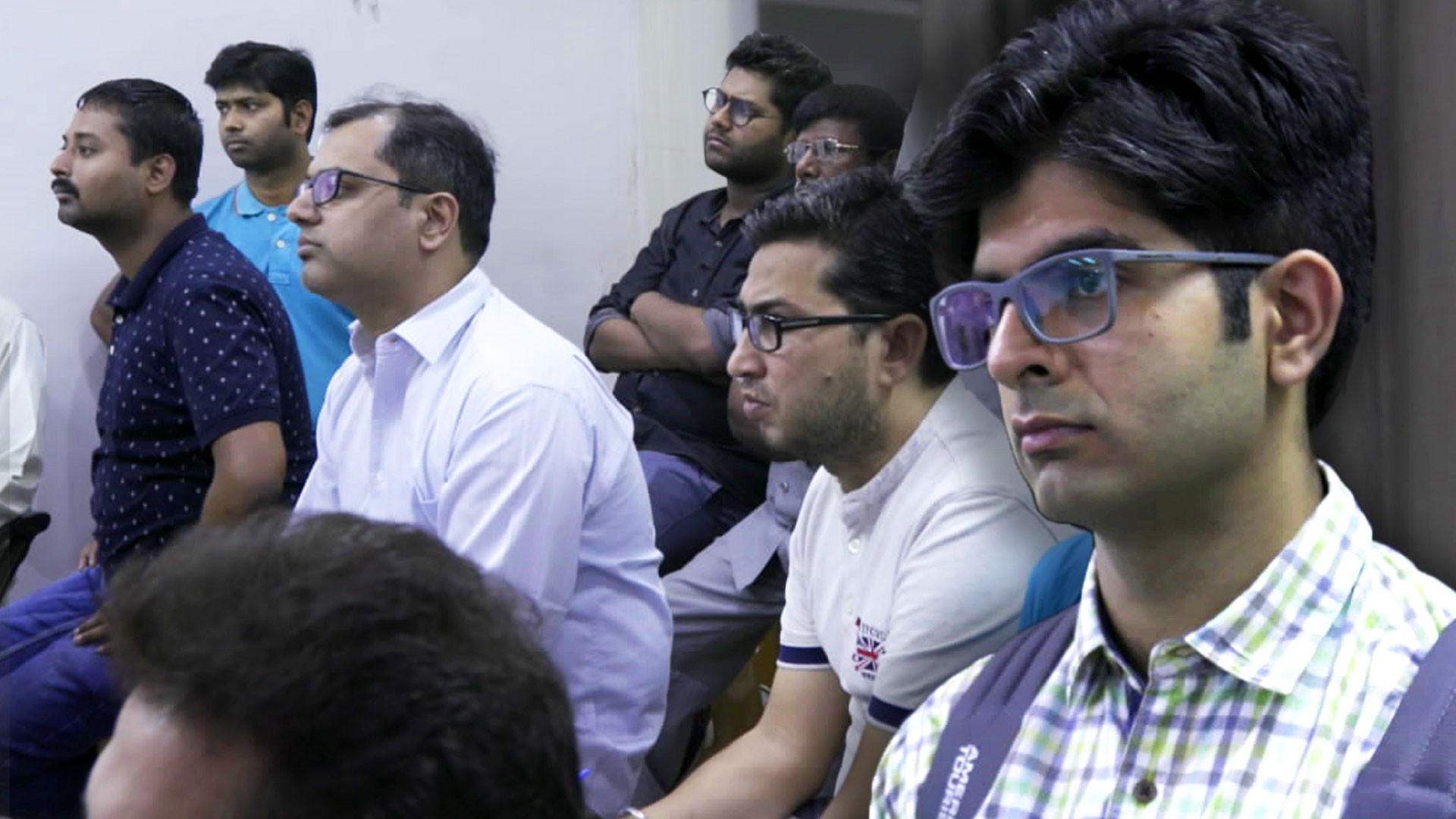Getty Images
WhatsApp has again updated how its messaging app works in India to prevent the viral spread of fake videos on its platform that have been linked to mob lynchings. Yet despite the latest measures, the government in New Delhi is threatening to sue the tech company for allowing the “rampant circulation of irresponsible messages.”WhatsApp Thursday published details of how it would limit the way viral videos and fake rumors spread on its network.“Today, we're launching a test to limit forwarding that will apply to everyone using WhatsApp,” the company said in a blog post, but it has singled out its service in the subcontinent for even more special treatment.“In India — where people forward more messages, photos, and videos than any other country in the world — we'll also test a lower limit of 5 chats at once and we'll remove the quick forward button next to media messages,” the company said.The viral WhatsApp messages are typically spread by people simply forwarding them to family and friends and through large groups allowing the rumors to spread easily and quickly without knowing where the messages originated.But WhatsApp’s efforts were not enough for the Indian government.In a strongly-worded statement issued after the company announced its update, India's information technology ministry said:“Rampant circulation of irresponsible messages in large volumes on [WhatsApp’s] platform has not been addressed adequately. When rumors and fake news get propagated by mischief-mongers, the medium used for such propagation cannot evade responsibility and accountability.”The ministry went on to say that if WhatsApp “remain mute spectators” they could face legal action if it didn’t provide “traceability” of provocative messages.However the end-to-end encryption that is a major selling point of WhatsApp means even the company itself cannot see the contents of chats between users.WhatsApp did not immediately respond to a request for comment on the government’s threat.Read: India’s fake news epidemic is killing people, and Modi’s government has no plan to stop itIn recent months, there have been dozens of mob lynchings related to fake rumors spread virally on social media, with at least 18 of those specifically linked to WhatsApp.While the government has been quick to issue criticisms of WhatsApp, it has provided no coordinated response to the crisis, leaving police forces across the country to resort to the using unorthodox methods to try and combat the wave of fake news.The government came under further pressure to act this week when the Supreme Court labeled the deaths as “horrendous acts of mobocracy” and urged Modi and the ruling BJP party to enact a new law to punish offenders.But it appears the government has no immediate plans to coordinate a response, with Union minister of state for home affairs Hansraj Ahir saying this week that the “National Crime Records Bureau (NCRB) does not maintain specific data with respect to lynching incidents in the country.” Cover image: This photo illustration shows an Indian newspaper vendor reading a newspaper with a full back page advertisement from WhatsApp intended to counter fake information, in New Delhi on July 10, 2018. (PRAKASH SINGH/AFP/Getty Images)
Cover image: This photo illustration shows an Indian newspaper vendor reading a newspaper with a full back page advertisement from WhatsApp intended to counter fake information, in New Delhi on July 10, 2018. (PRAKASH SINGH/AFP/Getty Images)
Advertisement
Advertisement

